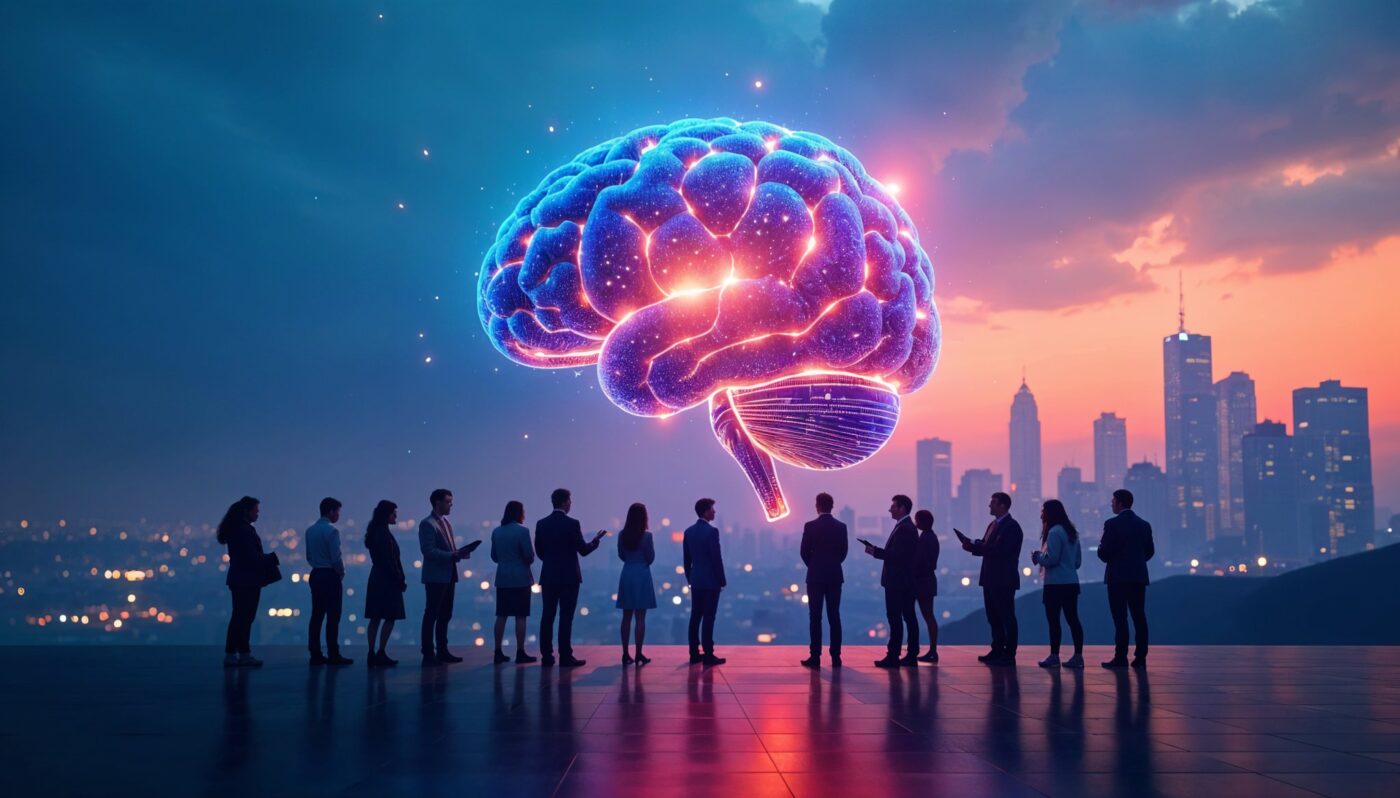The Rise of AI and Ethical Concerns
Artificial Intelligence is transforming industries, from healthcare to finance, at an unprecedented pace. However, this rapid growth raises ethical questions. Issues like bias in algorithms, privacy breaches, and job displacement are becoming more common. As AI systems make decisions that impact lives, developers and organizations must address these challenges to ensure technology serves humanity responsibly.
Bias and Fairness in AI Systems
One major ethical hurdle is bias in AI. Machine learning models often reflect the data they’re trained on, which can include human prejudices. For example, biased hiring tools or facial recognition errors disproportionately affect certain groups. To tackle this, developers are working on fairer datasets and transparent algorithms. Regular audits and diverse teams can also help reduce unintended discrimination in AI outputs.
Privacy in the Age of Intelligent Machines
AI’s ability to process vast amounts of data brings privacy concerns to the forefront. Personal information, from browsing habits to health records, fuels many AI systems. Without strict safeguards, this can lead to misuse or unauthorized access. Solutions like data anonymization, stronger regulations, and user consent frameworks are critical to protect individuals while allowing AI to innovate.
Accountability and Transparency Challenges
Who’s responsible when AI goes wrong? A self-driving car crash or a misdiagnosis by an AI tool raises tough questions. Lack of transparency in how AI makes decisions—often called the “black box” problem—complicates accountability. Developers are pushing for explainable AI, where systems provide clear reasoning. Governments and companies must also set policies to define liability and ensure trust.
Balancing Innovation with Ethical Responsibility
Innovation shouldn’t come at the cost of ethics. AI has the potential to solve global problems, like climate change or disease prediction, but unchecked development risks harm. A balanced approach involves collaboration between tech leaders, policymakers, and ethicists. Ethical guidelines, continuous monitoring, and public input can steer AI toward progress that benefits everyone.
The Future of Ethical AI Development
The future of AI depends on proactive solutions. Education for developers, ethical AI certifications, and global standards are emerging trends. By prioritizing responsibility alongside innovation, we can harness AI’s power without compromising values. At sohbatai.com, we’ll keep exploring how AI shapes our world—stay tuned for more insights.
